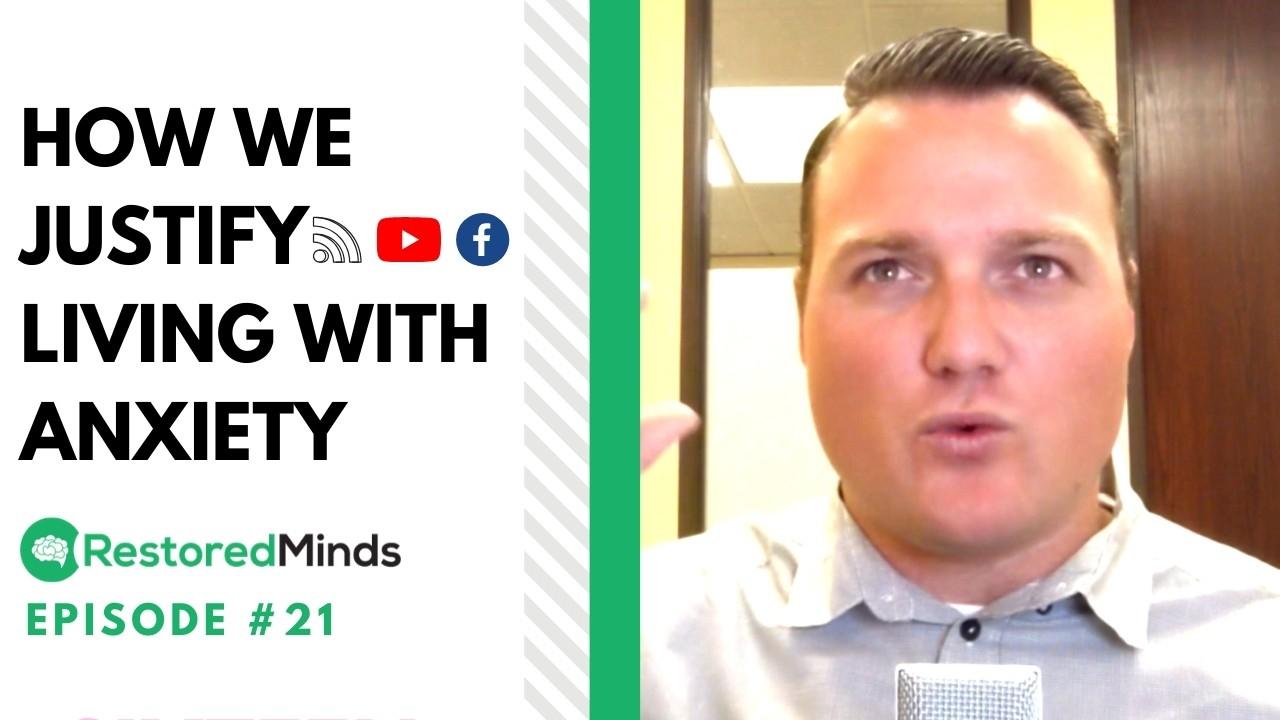OCD & Anxiety Treatment: How We Justify Living With Anxiety
Feb 26, 2020
The Cycle of Anxiety: How It Begins
Anxiety often starts with a seemingly harmless "what if" thought. As Matt explains, this thought creates a perceived threat that we try to neutralize or control through specific behaviors. For example, imagine someone with a fear of flying. They might wear a particular pair of shoes every time they board a plane. Although they don't genuinely believe the plane will crash without these shoes, the ritual becomes a safety behavior that they can't let go of. This is the essence of how we justify our anxiety.
Breaking Down the Fear
During his flight back from a trip to Mexico, Matt encountered a fellow passenger who admitted his fear of flying. This individual had to wear specific shoes whenever he flew. When Matt questioned him about the rationality behind this behavior, the passenger couldn’t provide a logical explanation. This illustrates that anxiety-driven behaviors are often not rooted in reality but in a false sense of security.
The Role of Safety Behaviors
Safety behaviors like wearing "lucky" shoes can make us think we are controlling our fears. In reality, these actions do not influence outcomes at all. If the feared event doesn’t occur, our brains wrongly credit these actions for keeping us safe, which perpetuates the cycle of anxiety.
So, what is the real problem? According to Matt, it’s not a matter of the plane crashing; the real issue lies in our minds—our anxiety.
Insights from Better Call Saul
Matt also draws parallels from the TV show Better Call Saul, where a character named Chuck believes he’s allergic to electromagnetic fields. His symptoms, such as a racing heart and tingling sensations, are actually classic signs of anxiety. A doctor exposes Chuck to an electric source without his knowledge, and Chuck shows no reaction, proving the allergy is all in his head. This example emphasizes how our feelings can deceive us into justifying irrational fears.
Challenge and Change: The Path Forward
To break the cycle of anxiety, we must challenge our safety behaviors and face our fears without these crutches. This is where exposure and response prevention (ERP) comes into play. According to Matt:
"We have to often take that leap and challenge those behaviors we’re doing, and let the anxiety go down on its own."
In other words, it’s about allowing ourselves to experience our fears without resorting to safety behaviors. Over time, this can help diminish the anxiety and dismantle the false associations we’ve built.


